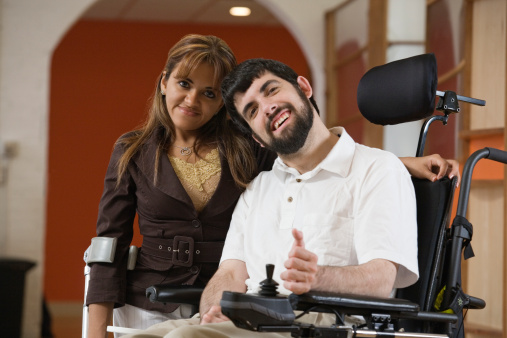Personal Assistance Services (PAS)
Personal Assistance Services (PAS), also called attendant care, is a range of non-medical services provided by one or more persons, to assist an individual who has severe physical or sensory disabilities with activities of daily living.
PAS services can include:
Transferring, bathing, grooming, toileting, meal preparation / feeding / eating, dressing, help with ambulation.
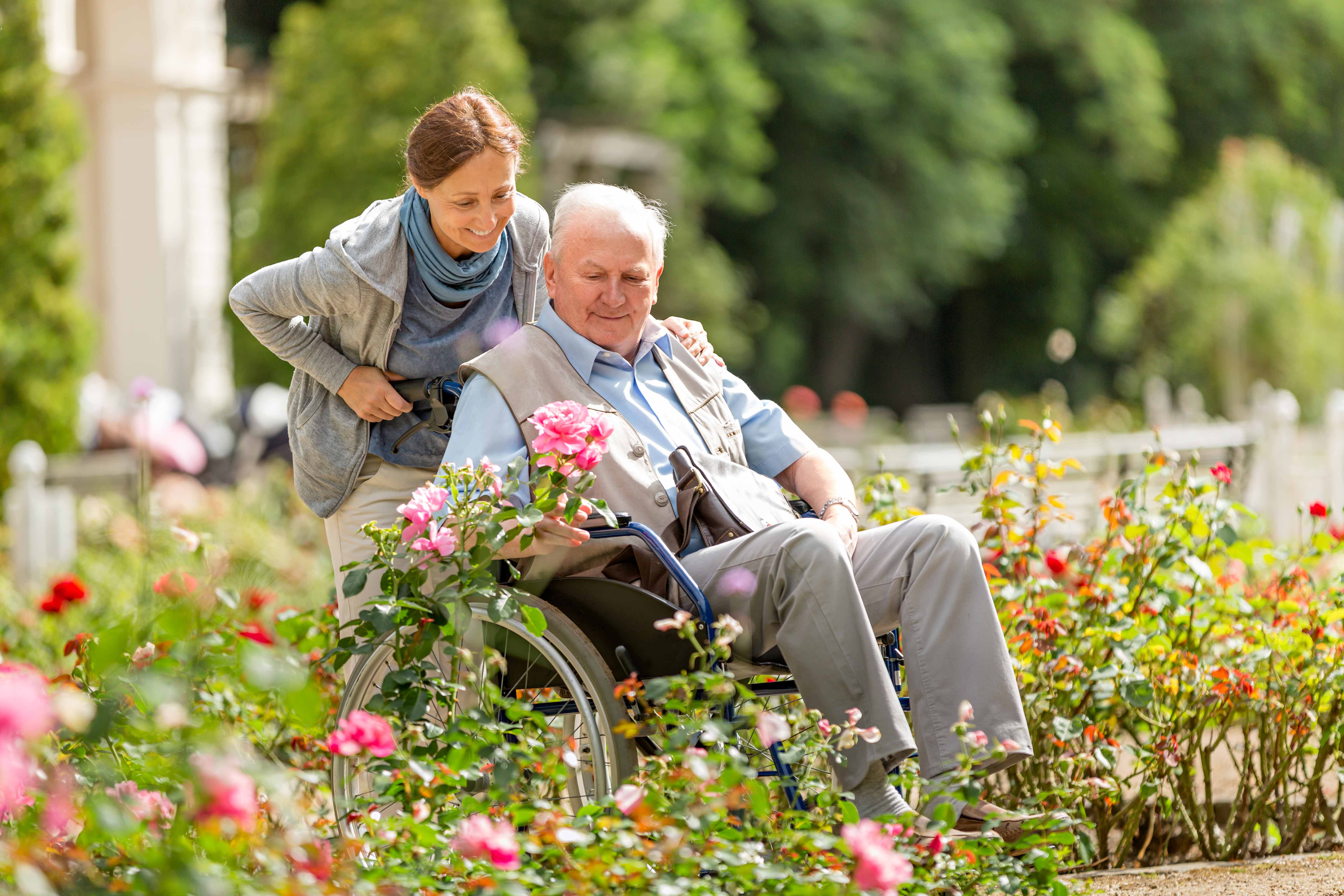
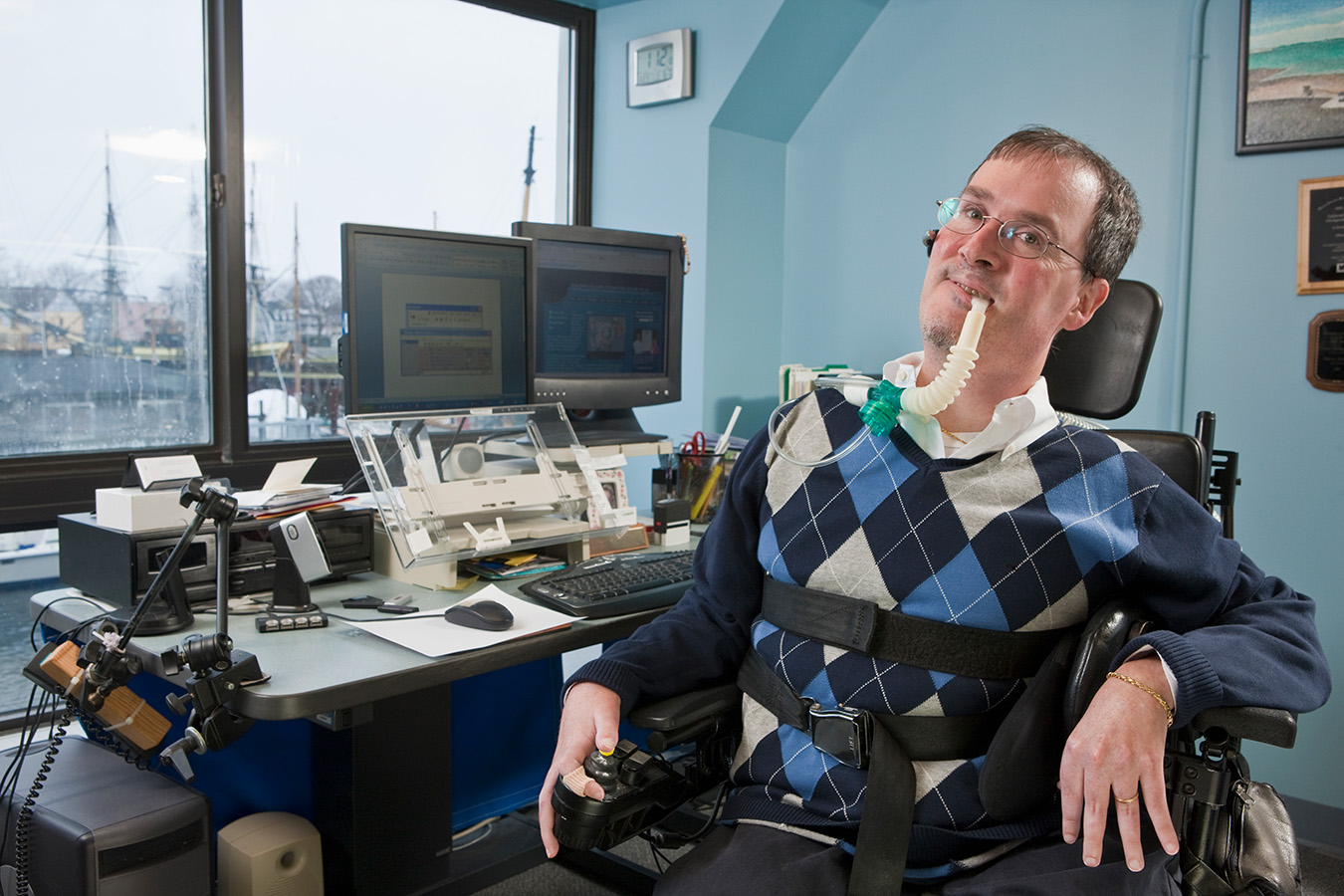
These supports can make it possible for people to:
- Live independently with dignity
- Prevent nursing home placement
- Enable them to work and be active in their community
The consumer-directed model empowers individuals to recruit, hire, schedule and self-manage personal care as the employers of personal assistants.
General Eligibility Criteria
- An individual must have a significant physical disability or brain injury with functional limitations in performing activities of daily living
- A PAS application must be submitted to the DARS PAS program
- An annual assessment of each participant is also required
Program Specific Eligibility
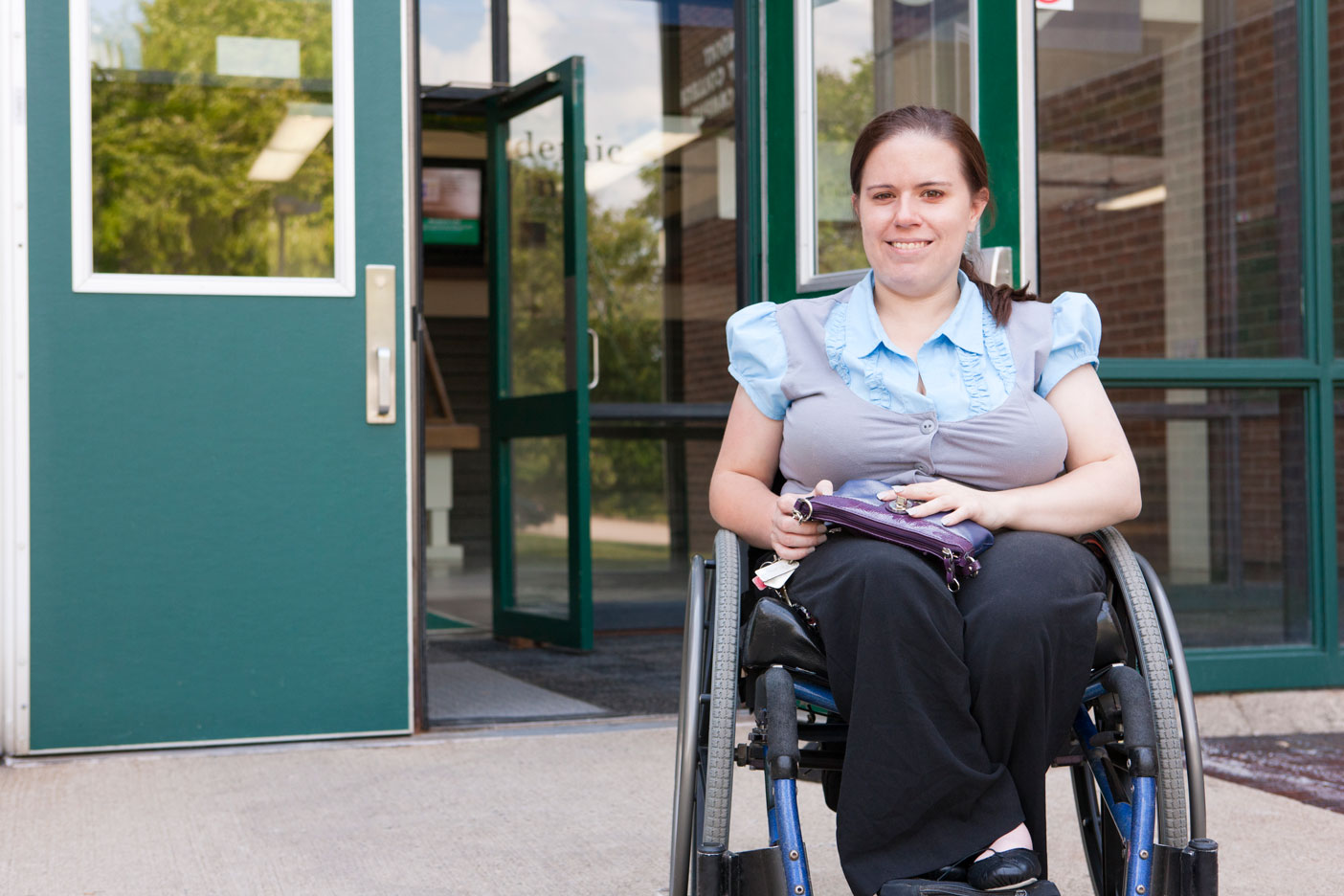
State PAS
- Must meet general eligibility criteria
- Individual must be willing and able to self-direct PAS services
- Financial eligibility is based on income and resources
- Before screening for DARS PAS, an individual must be screened and found ineligible for comparable services through Medicaid waivers or similar programs.
- A PAS application must be submitted to the DARS PAS program.
- If an individual becomes eligible for the Medicaid Waivers or other personal assistance programs at any time, a transition plan must be developed.
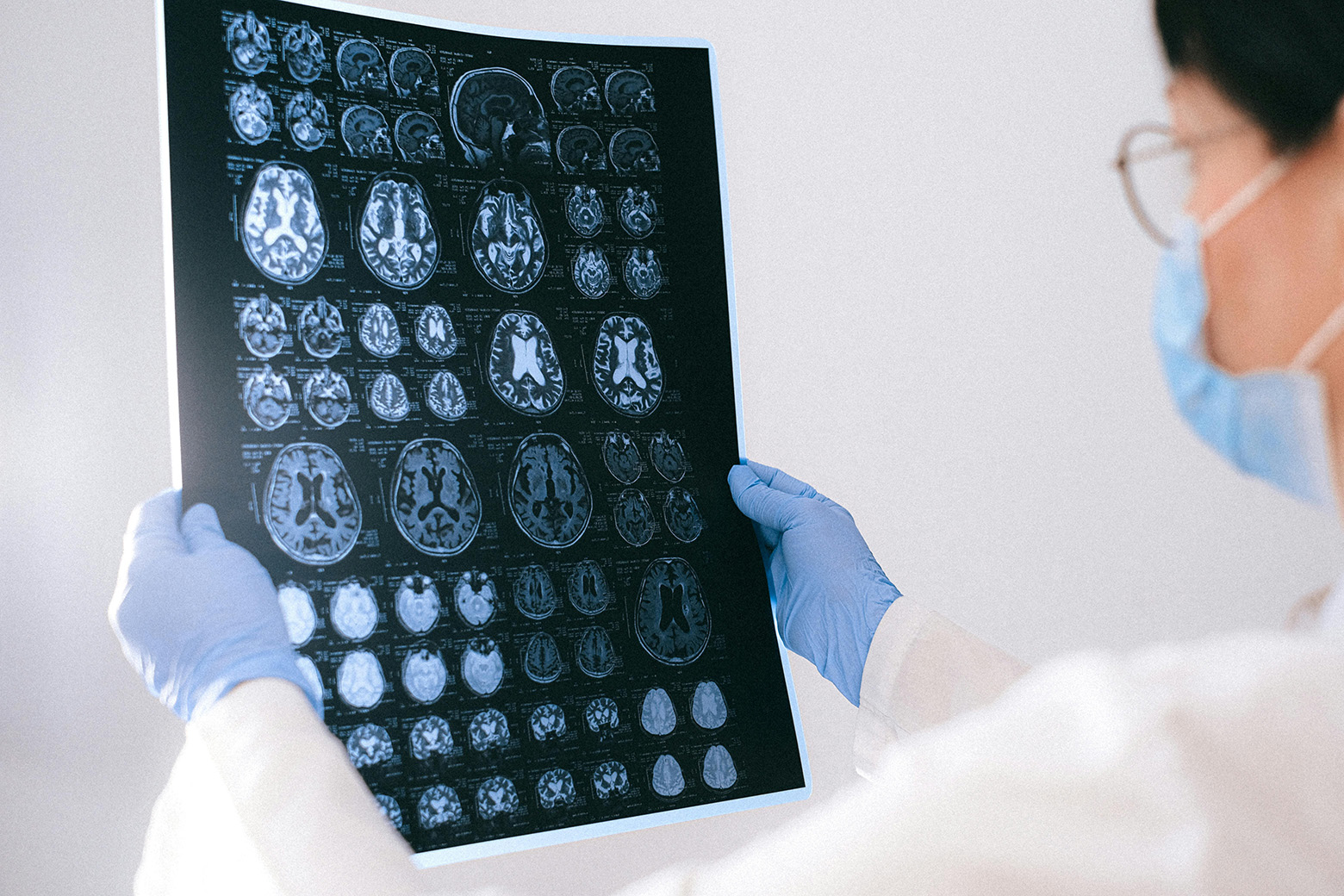
Brain Injury PAS
Must meet general eligibility criteria and state PAS criteria, with the exception that the individual must have a personal representative to co-manage the consumer-directed PAS services.
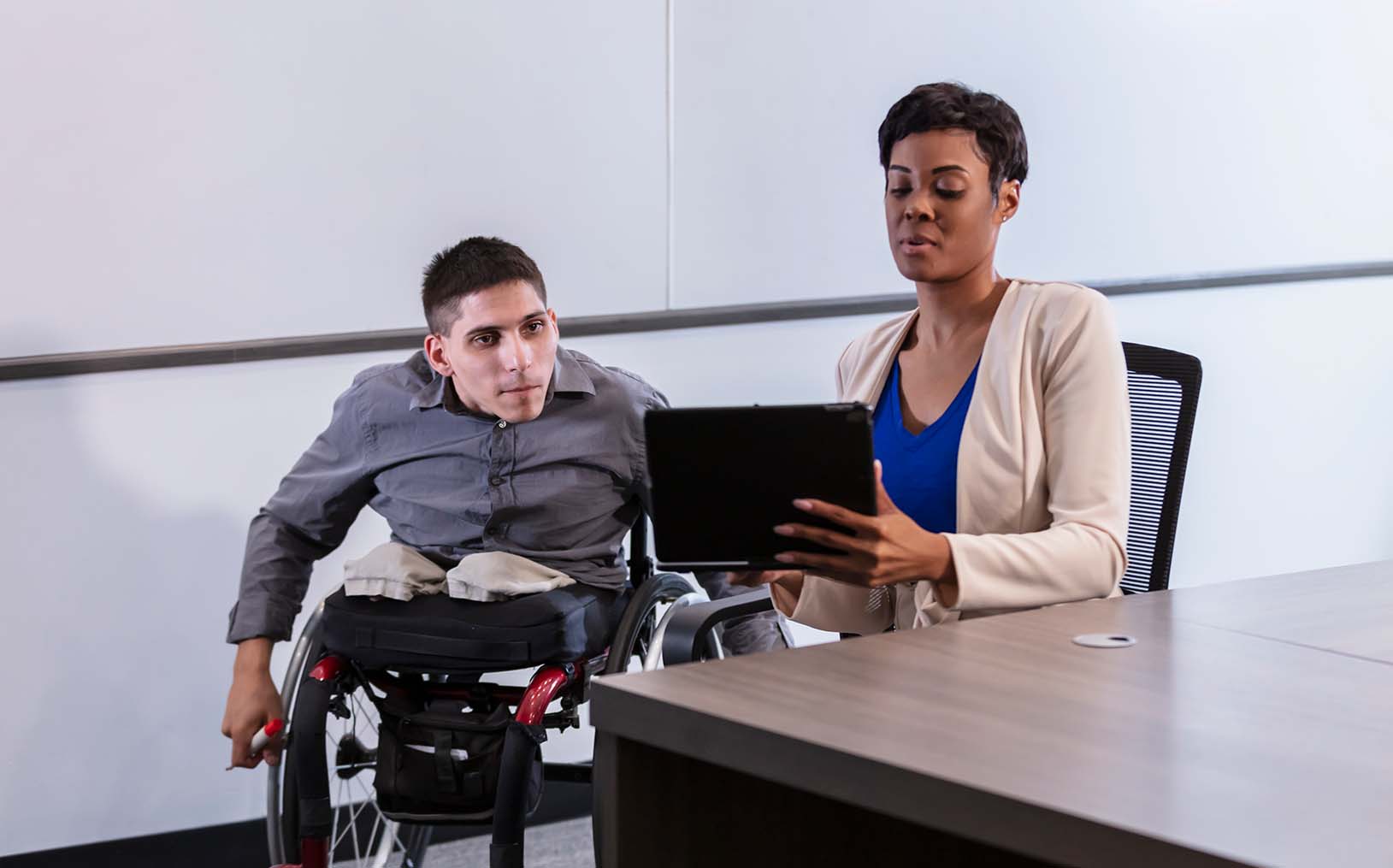
Vocational Rehabilitation (VR)
- Applicant must meet General Eligibility Criteria.
- Applicant must apply for and receive Vocational Rehabilitation Services through either DARS or the Department for the Blind and Vision Impaired (DBVI).
- A PAS application must be submitted to the DARS PAS Program through a Rehabilitation counselor.
- PAS must be one of the necessary components needed in order to achieve an employment outcome and must be in the Plan.

